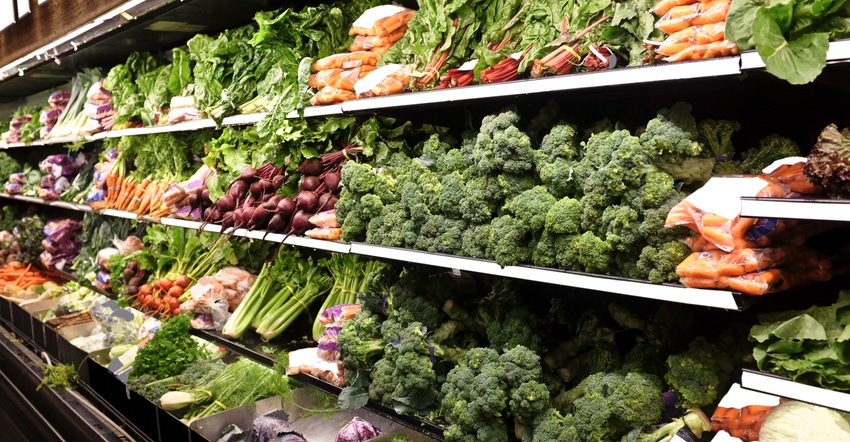April 20, 2020

It was nice to see the increased public appreciation surrounding 2020 National Agriculture Day just a few weeks ago. Increasingly, it seems like the average consumer believes that affordable, safe food magically appears on grocery store shelves. Many Americans likely do not realize that they are spending, on average, less than 8% of their disposable income on food. To put this into perspective, just 80 years ago, that figure was more than 25%.
Ironically, because Western irrigated agriculture has been so adaptive and successful at providing plentiful, safe and affordable food, no one thinks there could be a problem. The last Americans to experience any type of food shortages are members of the “greatest generation” and their parents during the Great Depression.
For the most part, they have left us, taking with them the memories of empty supermarket shelves. When the issue has never been personalized, it is easy to be complacent.
Related: Complete coronavirus coverage
What a difference a few weeks make. The coronavirus crisis underscores the importance of safety and stability provided by domestic food production. The United States needs a stable domestic food supply, just as it needs a stable energy supply.
At Family Farm Alliance, we have long advocated that our country’s leaders must adopt an overriding national goal of remaining self-sufficient in food production. Then, policy decisions on a wide range of issues should be evaluated to be sure they are consistent with that goal. After all, food security is homeland security.
Setting priorities
For farmers to survive, and for food to continue to be produced here in the American West, a stable water supply must be available. Unfortunately, a “politically correct” mindset seems to have become fashionable when it comes to Western water policy. That mindset assumes that the policies of the past — the policies that enabled the West to be settled and to flourish — have now outlived their usefulness and practicality.
It is a belief that we no longer need to manage Western water resources in a manner that continues to encourage investment in agricultural production. And many times, it is also a mindset that believes that the continued development and use of Western water resources for agriculture is inconsistent with the nation’s goals to protect and steward the environment.
The incredible expansion of the population, physical modifications made to rivers and streams, and some agricultural practices themselves have impacted the environment. It is these impacts that have caused many to question the policies of the past.
Resolving these issues without destroying what we worked so hard to achieve is the challenge we all face. But to be successful, we must face these issues together. No resolution will be found unless we find a way to balance all competing needs with an approach that supports continued growth of irrigated agriculture.
Food security is an issue everyone should be taking more seriously, and not just on National Ag Day.
We cannot and should not wait until the supermarket shelves are empty to do something about protecting our ability to feed ourselves and the world.
Keppen is the executive director of the Family Farm Alliance.
Read more about:
Covid 19About the Author(s)
You May Also Like




